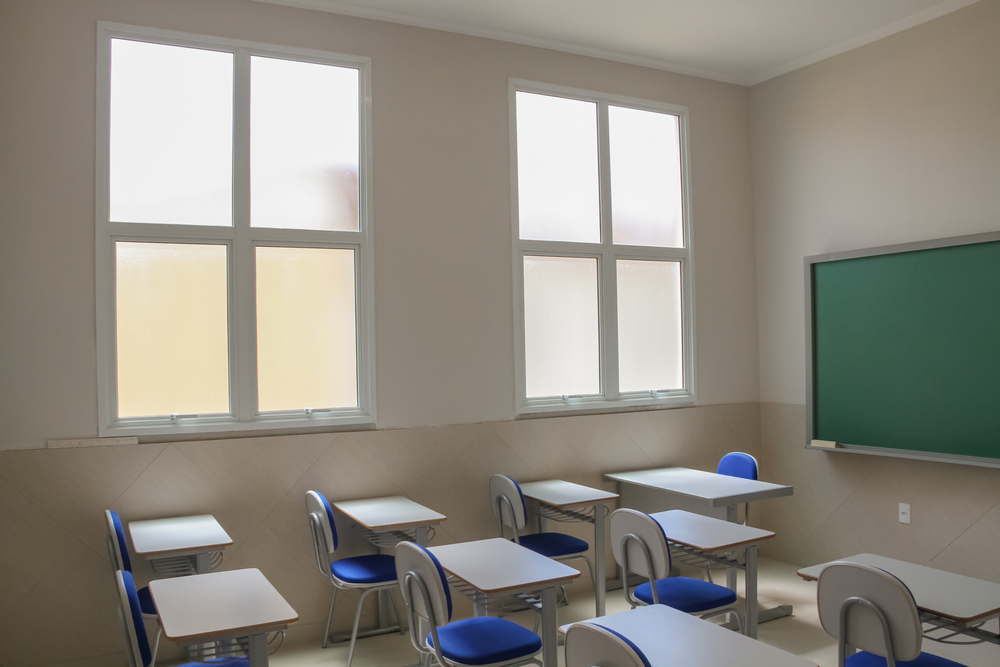After a year and a half of the Covid-19 pandemic in Brazil, many schools are finally restarting classes, now more confident in the progress of vaccination in the country. By November 1, in-person teaching had already recommenced in state-level public schools in 13 states, including São Paulo, Amazonas, and Bahia. This trend has also been followed by public and private municipal schools around the country.
However, the time elapsed without in-person teaching – one of the longest such periods in the world – will cost Brazil dearly. The consequences will be felt in education and income inequality, the labor market, and even the country’s long-run GDP growth.
For Marcelo Neri, director of the Center for Social Policies at Fundação Getulio Vargas (FGV-Social), although it is difficult to quantify the impacts on the Brazilian economy, he believes they are inevitable.
“Education is the fundamental variable to explain economic growth and equity and we have lost in both dimensions. This ‘scar-effect’ will certainly have important long-term consequences,” he said to The Brazilian Report.
In a bulletin published in March this year, the Economy Ministry’s Economic Policy Secretariat stated that the direct effects of the health crisis may extend until the end of 2022, resulting in a lag of up to three years of education for a large portion of the population currently of school age.
This negative impact on education – and consequently on the economy – might be felt for up to 15 years, that is, until the entire cohort affected by the suspension of classes enters the labor market.
The bulletin also points...


 Search
Search






































